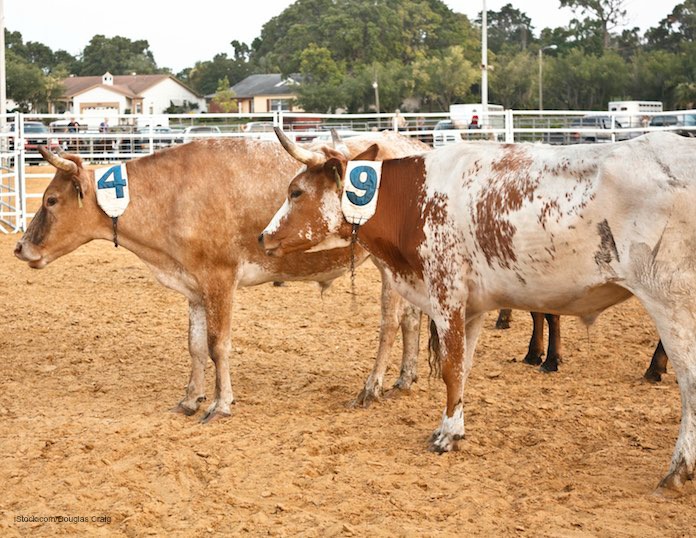The USDA announced on Tuesday, July 18, 201 that an eleven year old cow in Alabama has been diagnosed with an atypical case of Bovine Spongiform Encephalopathy (BSE), or mad cow disease. The press release states that “This animal never entered slaughter channels and at no time presented a risk to the food supply, or to human health in the United States.”

The animal was showing clinical signs of the disease and was round through routine surveillance at an Alabama livestock market. Atypical BSE is different from classic BSE and it usually occurs in cattle older than 8 years. It arises spontaneously and rarely in all cattle populations.
The press release from the Alabama Department of Agriculture & Industries states that following delivery to the livestock market, the cow later died. Routine tissue samples were taken and sent to diagnostic labs in Colorado and Iowa for testing and confirmation. The USDA lab in Ames, Iowa confirmed the diagnosis.
This is the country’s fifth detection of BSE. The four cases before this one was classical BSE in a cow imported from Canada. The rest were atypical BSE. When the classical case was found in 2003, several countries moved to ban beef imported from the U.S. China just started importing U.S. beef again this year, partially in response to the United States accepting chicken processed in that country. South Korea is going to increase quarantine measures on beef imported from the U.S. this week.
BSE is not contagious. It exists in classical and atypical types. Classic BSE is the form that caused deaths in the UK in the 1980s. This type has been linked to variant Creutzfeldt-Jakob disease (vCJD) in people. People can contract this illness by eating beef contaminated with the infectious prion, which is not destroyed by cooking. Cows were given feed that contained cattle meat and bone. This has been prohibited by the FDA since 1997. The government also prohibited high risk tissue material in all animal feed in 2009.
The U.S. is a “negligible risk” for BSE according to the World health Organization for Animal Health. Atypical BSE cases don’t affect official BSE risk status, since this form occurs naturally.




